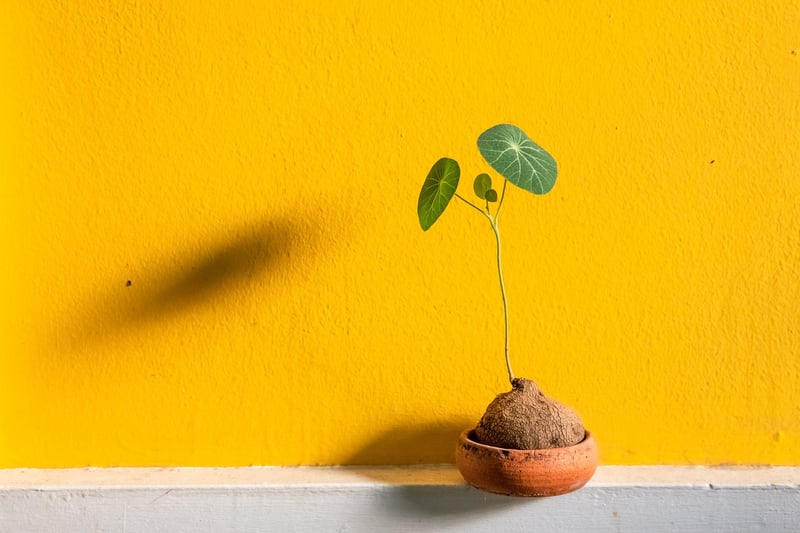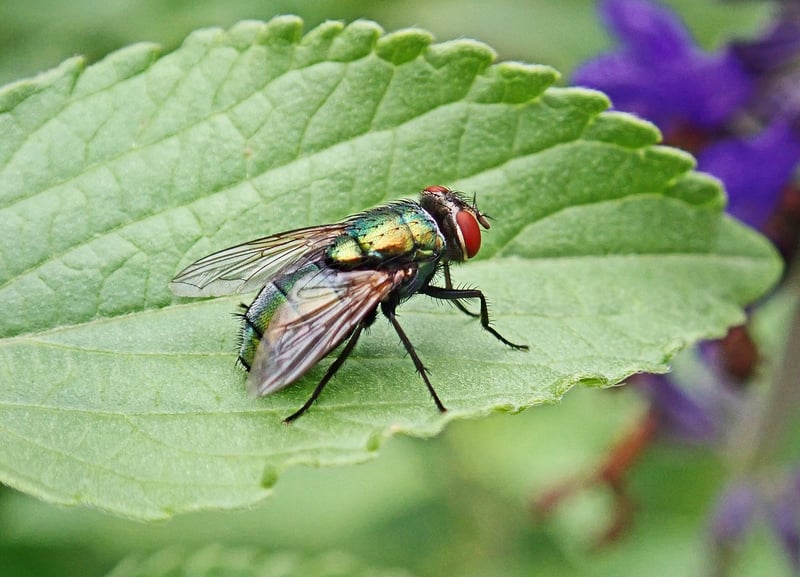Common Pests
Essential Plant Care Guide and Common Pests
Introduction to Plant Care
Plants are a beautiful addition to any home or garden, but they require proper care to thrive. Whether you're a seasoned plant parent or just starting your plant journey, this guide will provide you with essential tips to keep your plants healthy and vibrant.
1. Light
Plants need light to photosynthesize and grow. Make sure to place your plants in an area where they can receive adequate sunlight based on their specific light requirements.
2. Watering
Proper watering is crucial for plant health. Be mindful of each plant's watering needs; overwatering or underwatering can harm your plants. Check the soil moisture before watering.
3. Soil
Good quality soil provides essential nutrients to plants. Use well-draining soil mixes tailored to the type of plants you have. Repot plants when they outgrow their current pots.
4. Humidity
Some plants require higher humidity levels to thrive. Mist your plants, use a humidity tray, or place a humidifier nearby to create a suitable environment.
5. Fertilizing
Feed your plants with a balanced fertilizer during the growing season to promote healthy growth. Follow the instructions on the fertilizer package for the correct dosage.
Common Pests
Despite your best efforts, plants can sometimes fall victim to pests. Here are some common pests to watch out for:
1. Aphids
Aphids are small, sap-sucking insects that can quickly multiply and damage plant leaves. Wash them off with a strong stream of water or use insecticidal soap to control infestations.
2. Mealybugs
Mealybugs are white, cottony pests that feed on plant sap. Wipe them off with a cotton swab dipped in alcohol or use neem oil to get rid of them.
3. Spider Mites
Spider mites are tiny pests that create fine webbing on plants and suck out their juices. Rinse plants with water regularly and use insecticidal soap to manage spider mite populations.
4. Fungus Gnats
Fungus gnats are small flying insects that lay eggs in moist soil. Allow the soil to dry between waterings and use yellow sticky traps to catch adult gnats.
5. Scale Insects
Scale insects look like small bumps on plant stems and leaves. Use a cotton swab dipped in alcohol to remove them or apply horticultural oil to suffocate and control their numbers.
Conclusion
By following these essential plant care tips and staying vigilant against common pests, you can ensure your plants remain healthy and beautiful. Remember to observe your plants regularly and address any issues promptly to help them thrive.


